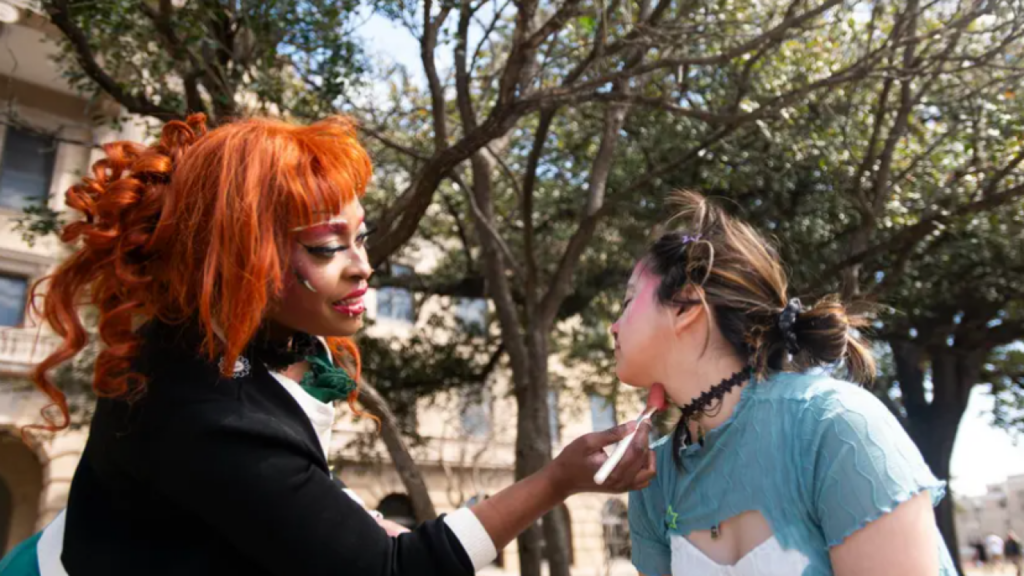
AUSTIN, Texas — A few weeks after the Texas A&M System’s board of regents enacted a similar ban, the University of Texas System stated on Tuesday that its universities are prohibited from sponsoring drag performances or hosting them in their premises.
UT System Board of Regents Chair Kevin Eltife said in a statement on Tuesday that this is a step “to comply with all applicable federal, state, and local laws and executive orders, including any restriction on the use of public funds.” He added that if the board of regents needs to take additional action to clarify this, he will.
Although Eltife would not specify which laws they were trying to comply with, the action seems to be in response to recent executive orders signed by Texas Governor Greg Abbott and President Donald J. Trump.
Trump issued an executive order in January mandating that government agencies do everything within their power to prevent funding from being used to advance gender ideology. Abbott ordered state agencies to oppose attempts “to distort commonsense notions of biological sex” a few days later.
The Texas A&M University System Board of Regents imposed its own drag show ban last month, citing these executive directives.
The Queer Empowerment Council, a student organization at the College Station flagship that hosts Draggieland, an annual drag event scheduled for March 27 in the Rudder Theatre, filed a lawsuit against the system.
“Just because student-funded, student-organized drag shows annoy administrators doesn’t mean that Texas A&M can’t remove them from campus. “Don’t purchase a ticket if drag offends you,” advised Adam Steinbaugh, a lawyer with the Foundation for Individual Rights and Expression, a nationwide free speech organization that is defending the students in this case.
In a federal court in Houston, Judge Lee H. Rosenthal heard arguments Tuesday morning regarding whether to temporarily halt the ban. When he will make a decision is unknown.
In court filings, Texas A&M has maintained that drag is not First Amendment-protected expressive speech.
The system has also hinted that if it ignores state and federal advice and permits Draggieland to continue in the campus theater, it may lose funds. It stated that 12% of its budget for this fiscal year came from government appropriations, 16% from federal contracts and grants, and 25% from tuition and fees, some of which were funded by federally supported student loans.
The Texas Attorney General’s Office, which is representing Texas A&M, also criticized the claim that the system has outlawed drag performances on campus. It noted that students were permitted to wear drag to demonstrate on campus a few days after the board’s decision, and it characterized the Rudder Theatre as a restricted public venue.
A few days after Tarrant County Judge Tim O’Hare asked the board of regents to emulate A&M, the UT System banned drag shows.
O’Hare, who earned a bachelor’s degree in business administration in finance from the University of Texas at Austin in 1991, noted that UT-Arlington recently had a drag show. According to KERA, the event O’Hare was probably talking about was sponsored by a student organization rather than the institution. Draggieland at Texas A&M University in College Station is likewise in this situation.
Over 256,000 students are educated by the 14 institutions that make up the UT System.
The UT System Board of Regents may call a special meeting prior to its next regular meeting, which is set for May 7-8.
Open Campus and The Texas Tribune collaborate on coverage of higher education.



